Sustainability in the curriculum
Intent
At West Tytherley, we are dedicated to nurturing a comprehensive understanding of sustainability and climate change among our students. Our goal is to collaborate with students to minimise our school’s environmental impact. We aspire to develop responsible, informed citizens who are ready to confront environmental challenges and inspire change within their communities, both now and in the future. Our whole-school approach to sustainability is integrated with our Christian values of ‘Courage’, ‘Compassion’, and ‘Creativity’. We encourage students to have the ‘Courage’ to express their opinions, the ‘Compassion’ to empathise with others affected by our changing climate, and the ‘Creativity’ to appreciate and protect God’s creation.
Objectives
- Knowledge acquisition: To educate students on key concepts related to climate change, biodiversity, and the importance of sustainability.
- Skills development: To develop critical thinking, problem-solving, and project management skills through hands-on sustainability projects.
- Values and attitudes: To instil a sense of responsibility and stewardship towards the environment, encouraging students to make thoughtful decisions in their personal lives and communities.
- Community engagement: To strengthen connections with families and the local community by involving them in sustainability initiatives and educational events.
- Green, sustainable site: To develop our school setting in order to reduce our environmental footprint by reducing waste, lowering emissions and improving biodiversity.
Implementation
Our approach to implementing sustainability and educating children about climate change is multi-faceted, ensuring integration across all subjects and activities within the school.
Curriculum Integration:
- Cross-curricular learning: Sustainability themes are embedded across various subjects, including Science, Geography, and Art. For example, students explore the science behind renewable energy in Science lessons, while Geography lessons focus on the impact of climate change on global communities.
- Themed projects: Students engage in whole-school projects, where each class actively participates in activities ranging from tree planting to recycling drives.
- National Education Nature Park: Students are provided with the opportunities to be part of the nationwide campaign to significantly improve biodiversity across the country.
Practical experiences
- Outdoor learning: Our school makes the most of our extensive outdoor learning environment, where hands-on experiences, such as forest school activities, gardening and wildlife observation, enhance pupils’ understanding of ecosystems and appreciation of the natural world.
- Partnerships: We collaborate with local environmental organisations to provide workshops, expert talks, and field trips that enrich the learning experience and demonstrate real-world applications of sustainability.
Staff training and leadership
- Professional development: Continuous professional development for staff focused on sustainability education ensures that teachers are well-equipped to deliver engaging and informative lessons.
- Eco-team: We plan to establish an Eco-team, comprising staff, students, and parents, to drive our sustainability agenda. Together with the support of the Governing body, this team will be demonstrate leadership and will be responsible for monitoring our environmental impact and implementing school-wide initiatives.
Impact
The impact of our Sustainability and Climate control programme is evaluated regularly against our objectives, ensuring that we continually improve and adapt our practices.
Academic achievement
- We aim soft students to display a marked increase in knowledge about environmental issues and show high levels of engagement and understanding across year groups.
- We support enhanced critical thinking skills,evidenced through project-based learning assessments, allowing students to present and refine their ideas on sustainability initiatives.
Behaviour and attitudes
- Students develop a sense of responsibility towards environmental stewardship, with an increase in individual projects undertaken at home, such as recycling and energy conservation efforts.
- There is a noticeable positive shift in student attitudes towards collaboration, with an increase in peer-led initiatives that promote sustainability within the school, fostering a community of empowerment.
Community and global citizenship
- Increased parental involvement in eco-projects, shown through high turnout at related school events, indicating heightened community awareness and engagement with sustainability issues.
- Our school’s sustainability initiatives have garnered attention within the local community, with partnerships fostering responsibility and action beyond school grounds.
By prioritising sustainability and climate control in education, we are not just preparing our students for future challenges; we are equipping them with the tools they need to make meaningful contributions to their communities and the planet. This commitment to excellence aligns with the values upheld by Ofsted's outstanding criteria, ensuring that our school not only meets but exceeds expectations in delivering a transformative education for our students.
November 2024.
